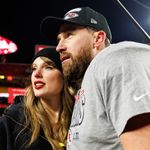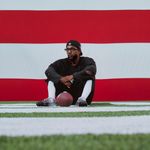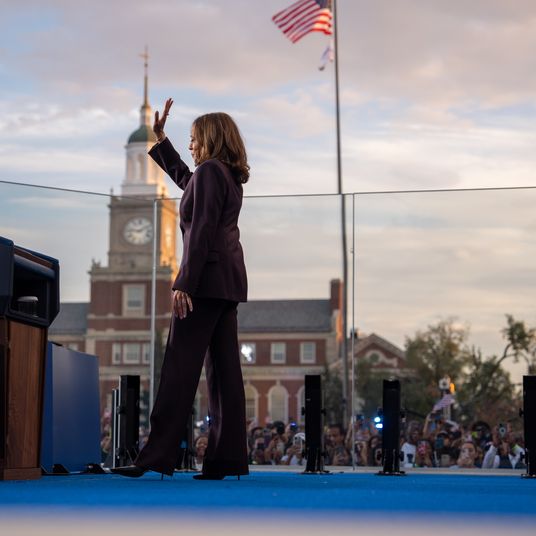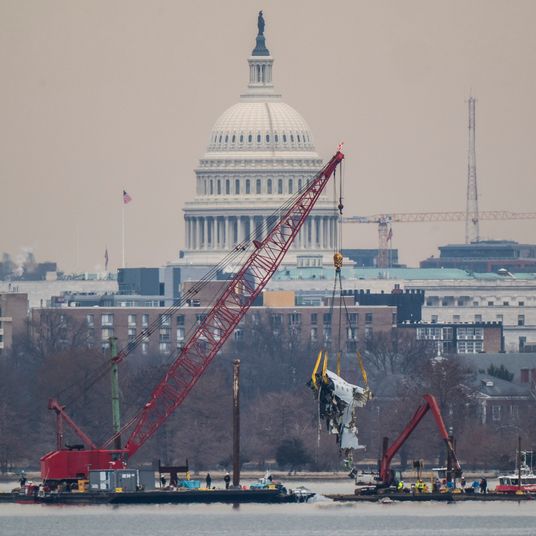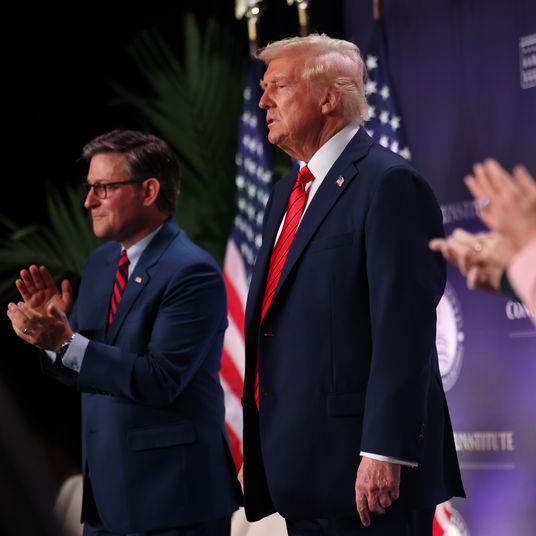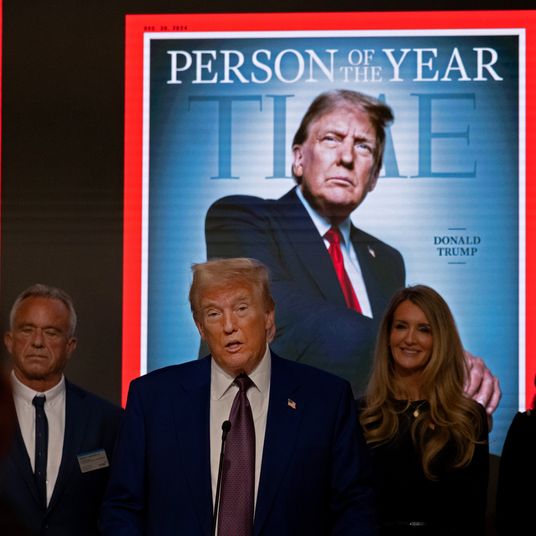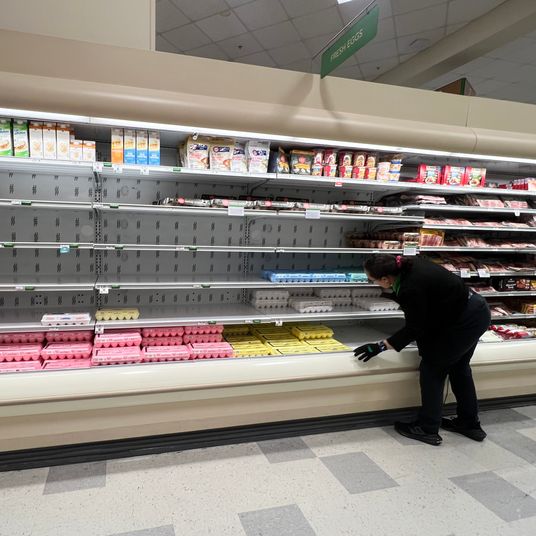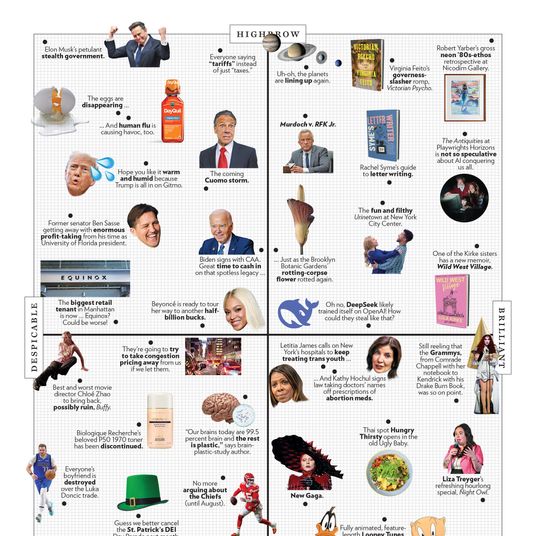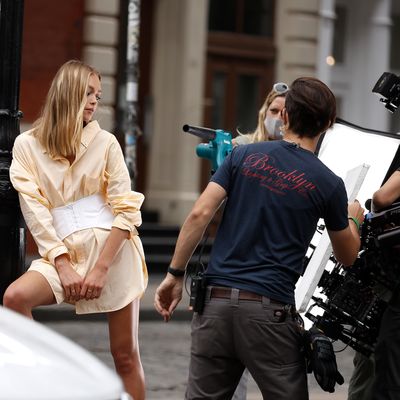
Adam and Edva Pace didn’t expect to spend half their year mining the mucus of actors but it was too good of an opportunity to pass up.
The Staten Island-based couple had been consulting as paramedics for commercial shoots for companies like Pepsi, Tiffany & Co, and Apple for the past six years to supplement their full-time jobs as emergency medical technicians. The work was demanding but fun and significantly less stressful than responding to a 911 call in an ambulance. Sometimes they even got to give an A-list actor a Benadryl or ice down sprained ankle after a minor stunt. The calls stopped when New York locked down last spring. When shooting resumed in the summer, the Paces noticed that actors and crew had to pass multiple COVID-19 tests before any filming could occur. So they launched their firm Pace Set Medics in August to provide concierge medical services to studios. By the end of the year COVID testing consumed 80 percent of their business. As they rush from set to set testing scores of people each day, they have little time to be star-struck no matter how famous their patients are.
“We have a very limited interaction. I stick the swab in their nose and we’re done in 10 seconds,” Adam Pace told Intelligencer, declining to name any celebrities he worked with for privacy reasons. “It’s nice to meet certain people but we don’t express that to actors or actresses that the general public may know. We keep it professional and we go on our way.”
The Paces weren’t the only ones chasing New York’s gold rush of snot. A cottage industry of COVID-19 testing companies have proliferated over the past year with scores of mom-and-pop medics competing with private ambulance businesses, Orthodox Jewish urgent care clinics, wellness start-ups, and storefront boutiques for clients in need of results with a 24-hour turnaround.
Much of that demand for rapid COVID tests originated with the film production industry. Last spring, several Hollywood unions and guilds released safety guidelines calling for a stockpile of protective equipment, temperature checks, and frequent testing before casts and crews could return to work, which many governors followed. The new regulations enabled film production to return to work, a rare bright spot for the entertainment industry that has been battered by coronavirus. When the state green-lit production in July, New York City issued 53 permits for 27 projects and grew steadily to 595 permits for 127 projects by November, the Mayor’s Office of Media and Entertainment said — although its activity was 40 percent below the same time a year ago before the virus struck.
Unlike last year, producers needed to ensure everyone involved in a shoot received tests once a week while those appearing on camera or in the vicinity had to be swabbed at least three times a week and sometimes daily. Suddenly anyone who could figure out how to scrounge up COVID-19 test kits and find certified laboratories could make enormous sums of money. Each kit costs roughly $60 to $75 but retail prices can vary widely between $100 and $600 apiece once lab work, staffing, and processing costs are added, several COVID testers said.
“There are some people price gouging especially when it comes to concierge service,” William Medina, a COVID compliance officer for several productions, told Intelligencer. “I’ve seen prices go from $300 to $600 when the technique of swabbing takes not even five minutes. Usually the lab itself gives the vials and swabs and they’re paying the lab $70 or $100 per test. Their overhead is nothing compared with the revenue they’re getting.”
If that sounds like a lot, consider that a single positive test can delay a shoot for weeks, costing the studio hundreds of thousands of dollars so they pay to keep the production on schedule. Studios often negotiate a bulk rate but costs can still swell. A two-day shoot with 65-70 people can run upwards of $11,000 while a two-and a-half month production can drain $65,000, and a 600-person set for a movie can easily cross $250,000 in a two-week period. Shoots on a large set for multiple months can burn away several million dollars, testers and TV producers estimated.
Some operators cut corners forcing producers to postpone their schedule and splurge for additional tests to contain an outbreak. Anthony Capone, president of a medical transport company called Ambulnz, spun off a subsidiary named Rapid Reliable Testing in the spring to offer COVID tests for nursing homes, hospitals, and other private employers. He said his company was once hired to test the crew on a luxury brand’s one-week film shoot after a previous vendor’s antigen machine produced several false negatives — at $200 a pop — while eight people tested positive. The shoot had to be delayed and Rapid Reliable workers ran PCR tests over the course of a week before filming could resume. “We were able to go in there and help them and learned a lot about that experience,” Capone said. “COVID testing isn’t everyone’s area of expertise.”
Another danger: Poor quality tests from overseas have flooded the city while a black market for test kits that have already been sold and medical devices has also been thriving for months, COVID testers said. When Boris Lipchin, founder of diagnostic testing start-up BRIO, decided to expand his Boston-based business by offering rapid COVID tests to private employers, he encountered vendors and laboratories who had little knowledge about the science behind the products they were peddling. “We’ve had kits stolen before. There’s a lot of money on the table and people try to find ways to extract a buck in a way that’s not really aligned by anyone,” Lipchin said. “It’s definitely a Wild West out there.”
The margins are too good for COVID companies to pull their swabs out anytime soon even though widespread vaccinations could someday reduce the need for frequent testing. Pace said revenues have tripled from his set medic gigs, which paid from $500 to $1,200 for a 12-hour day. Ambulnz and BRIO wouldn’t release financial figures although a Brio rep said revenue has risen more than tenfold and the start up raised $1.9 million in seed funding in August.
Sometimes there are even perks for the testers. One of the first TV shows to start filming after the shutdowns was Penn & Teller: Fool Us, a game show for aspiring magicians. The illusionist duo booked an entire Las Vegas hotel and casino for a set and filmed the season over a two-week period without allowing anyone to leave the premises, including a tester from Rapid Reliable Testing. “For one performance the magicians needed a volunteer to be in the act but since there was no audience they pulled up a Rapid Reliable testing worker,” an Ambulnz spokesman said. “So our tester will be in the episode.”
But in most cases it’s a thankless job. Lipchin and his team at BRIO work 18 hours a day, sometimes taking calls at 3 or 4 a.m. from screaming producers who need to know the results before a shoot begins that morning. Sometimes when an actor doesn’t register in the system or use their stage name instead of their real name, Lipchin must sort out with the lab what happened with the sample or ask for the test to be redone.“Producers are not upset about positives, they’re upset about delayed test results.” Lipchin said. “It’s not about your best day it’s about your worst day but that’s the business. I work hard to get yelled at, it means I get to learn something.”
The Paces say the COVID testing business is definitely worth the effort for now although they are spending most of their time in their car. A typical day starts at 6 a.m. when the husband and wife team drive across the city to administer 10 tests a day. They were even on the roads during an early February blizzard delivering a sample to a lab that was closed on a Sunday.
“They had a drop box in the lab last night but it would have frozen solid and that wouldn’t have been any good,” Adam Pace said. “So they dropped it to us, we stored it in a refrigerator and we dropped it off the next day. It was 12 miles away and it took us a little over an hour to get there.”
Some days they pack their son and daughter in the back seat of their Jeep with iPads linked to a WiFi hotspot so they can participate in remote learning.
“We would really like to go back to normal,” Pace said. “It would kill our business but we’d be fine with that. We’d trade it all to go back to normal again.”


